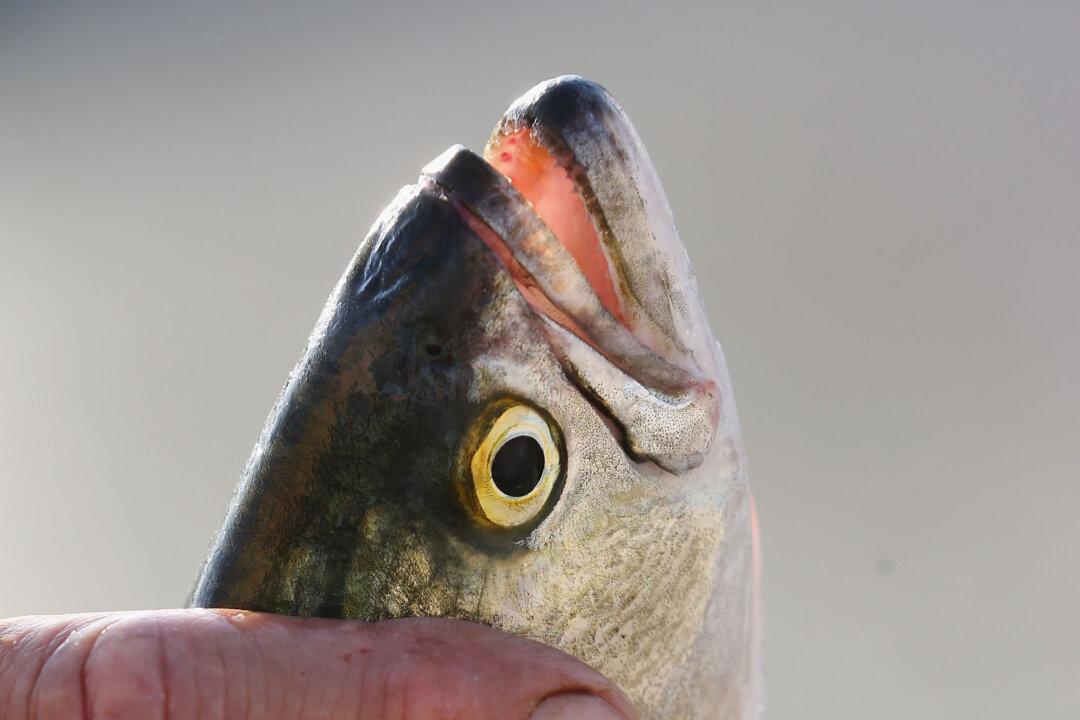Exports from a major Tasmanian salmon producer are finding a new home away from China, in response to Beijing’s 2020 trade war against Australia.
Huon Aquaculture made the decision early last year to diversify from China, with the onset of the trade dispute reinforcing the company’s direction, according to an investor announcement (pdf).





